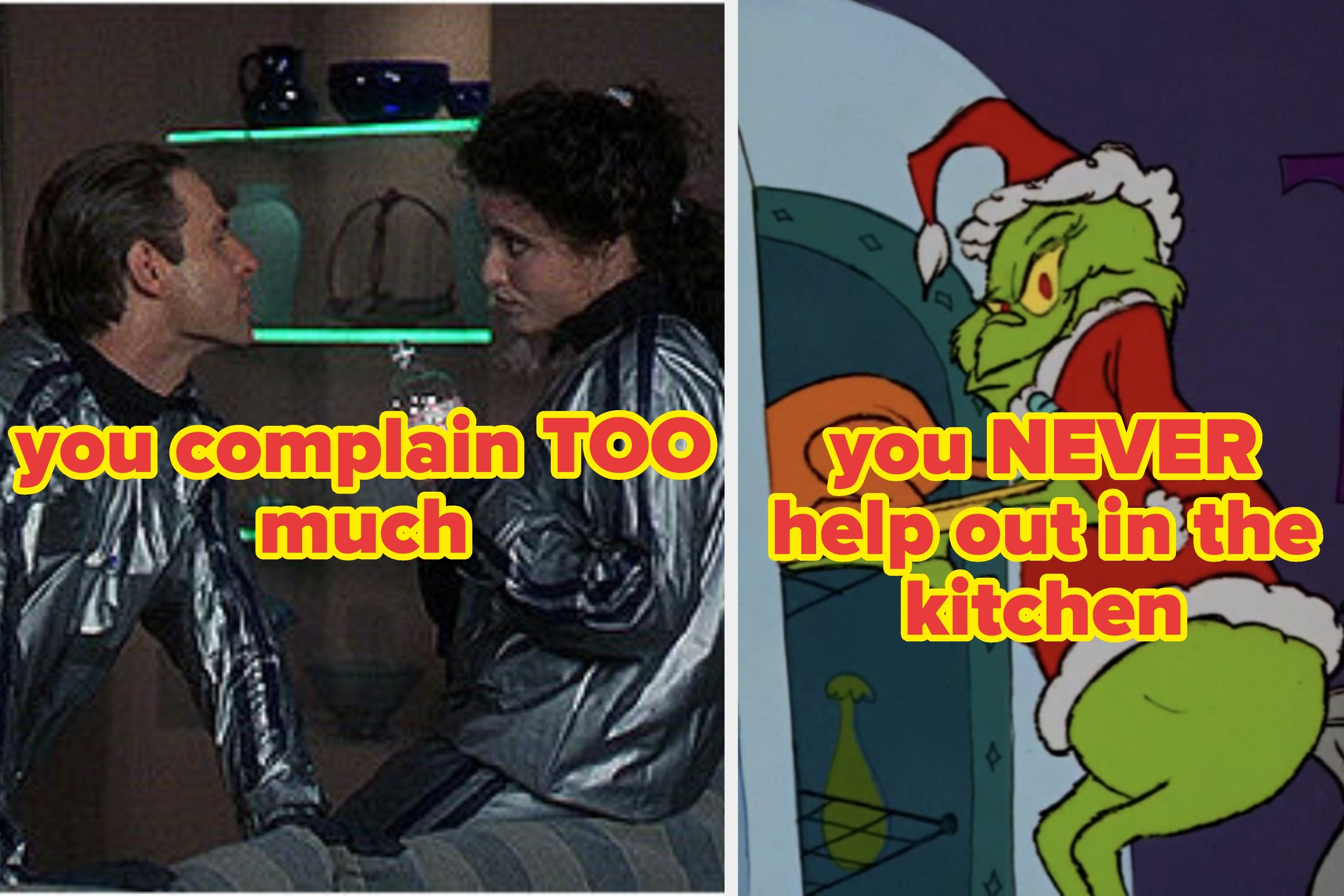 Israelis are strangely ambivalent about one of their greatest statesmen, Yizhak Rabin, murdered 15 years ago for trying to make peace with the Palestinians. (A highlight of my time as a Nixon aide, when he had offices in 26 Federal Plaza in Manhattan during the 1980s, was meeting Rabin at the curb and escorting him upstairs for a meeting. In this 1969 White House photo, Rabin is at right as Nixon meets with Israeli Foreign Minister Abba Eban.) As the Nov. 4 anniversary of Rabin's death nears, Ethan Bronner's New York Times analysis neatly presents yet another Middle East paradox. Which is true? Both sound reasonable:
Israelis are strangely ambivalent about one of their greatest statesmen, Yizhak Rabin, murdered 15 years ago for trying to make peace with the Palestinians. (A highlight of my time as a Nixon aide, when he had offices in 26 Federal Plaza in Manhattan during the 1980s, was meeting Rabin at the curb and escorting him upstairs for a meeting. In this 1969 White House photo, Rabin is at right as Nixon meets with Israeli Foreign Minister Abba Eban.) As the Nov. 4 anniversary of Rabin's death nears, Ethan Bronner's New York Times analysis neatly presents yet another Middle East paradox. Which is true? Both sound reasonable:Has the public lost interest because it is disillusioned with peace and views Mr. Rabin’s involvement in the Oslo accords a mistake? Or has negotiating with the Palestinians simply gone mainstream, and Mr. Rabin is no longer its symbol?Photo: CorbisThe left has no doubt.
“Fifteen years later we can’t pretend any longer,” Yossi Sarid, a former member of Parliament from the left-wing Meretz party, wrote in Haaretz. “It was a perfect crime that paid off — a man was murdered and his legacy was covered with blood. Rabin’s way is deserted, in mourning.”
Ben-Dror Yemini, a conservative columnist for Maariv, thinks otherwise.
“The truth is the opposite,” he wrote. “Rabin’s assassination saved the Israeli left wing.” He added that before the killing, “There were terror attacks that gave rise to the phrase ‘the price of peace.’ The polls predicted a terrible fall for the Labor Party, and the strengthening of the right wing. The right wing not only ruled the violent and stormy street. The right wing also ruled in people’s hearts.”








No comments:
Post a Comment